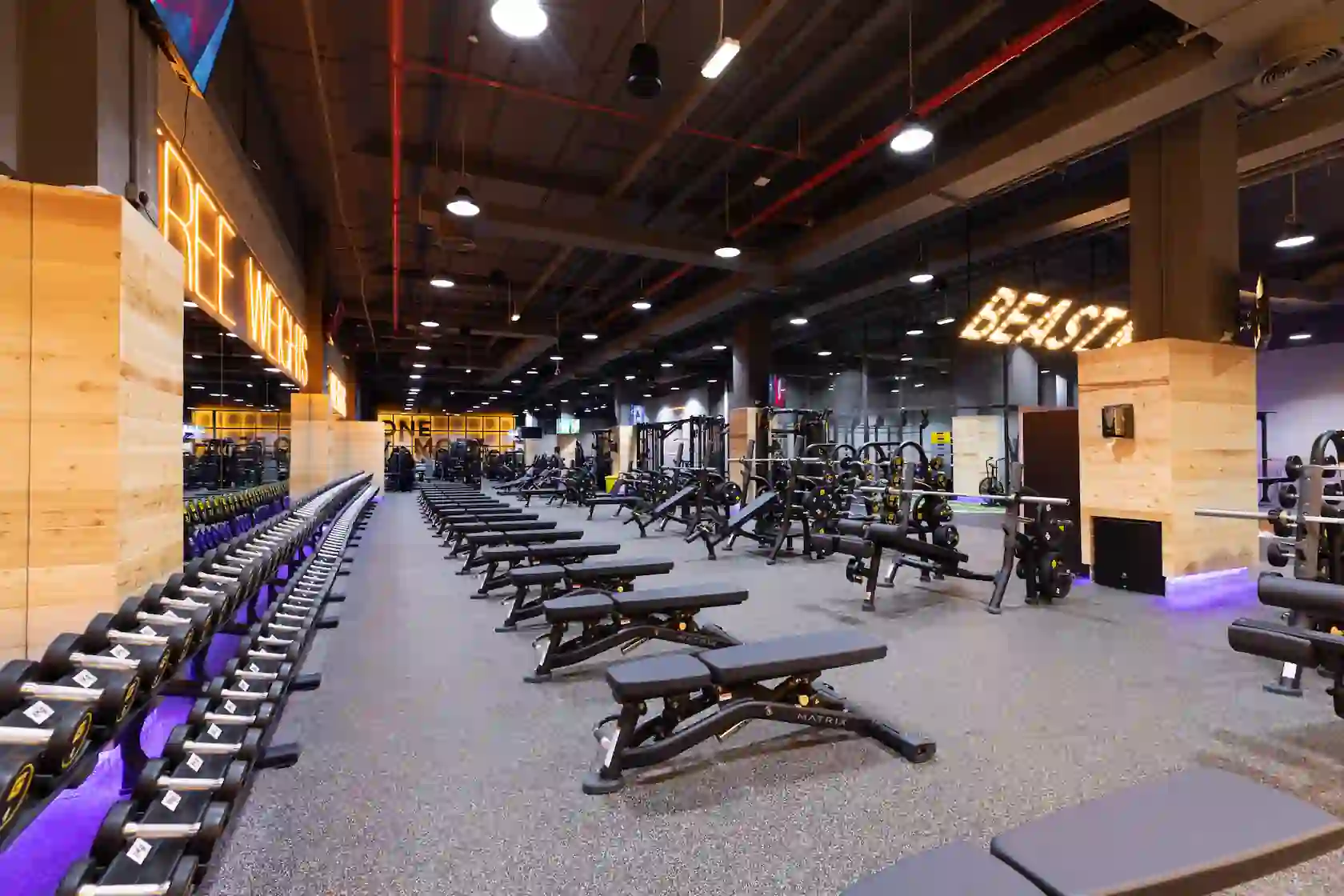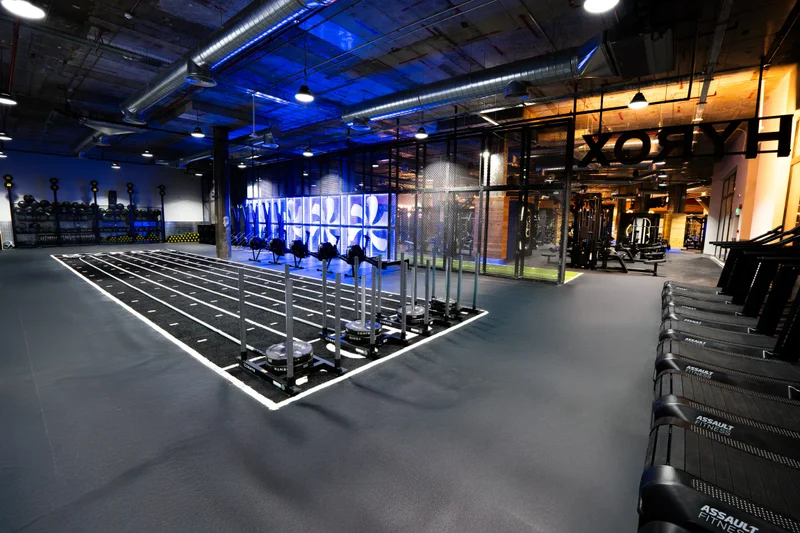Choose Your Goal
Select this if you have a specific time you need to wake up and want to know the best time to go to bed.
Select this if you have a fixed bedtime and want to know the optimal time to wake up.
Input Your Time
If you chose "I want to wake up at", enter the wake-up time in the "Hours" and "Minutes" fields, then select AM or PM.
If you chose "I want to go to bed at", enter your bedtime in the corresponding fields.
Consider Your Sleep Latency
In the "It takes me to fall asleep (minutes)" field, enter the approximate time it takes you to fall asleep after lying down (e.g., 10-20 minutes).
Click "Calculate"
Press the yellow "CALCULATE" button. The tool will suggest optimal sleep cycles (typically 90-minute intervals) to ensure you wake up feeling refreshed.
Adjust Your Sleep Schedule
The calculator helps you plan based on complete sleep cycles, so adjust your sleep or wake-up time accordingly.
If possible, try to wake up at the end of a sleep cycle (not in the middle) to avoid grogginess.
REM and non-REM
Non-REM (Non-Rapid Eye Movement)
Non-REM sleep is the first phase of the sleep cycle. It consists of three stages of progressively deeper sleep and accounts for about 75-80% of total sleep time. Non-REM sleep is divided into three stages:
-
Stage 1: This is the lightest stage of sleep, where we are in and out of consciousness. Our brain waves slow down and we become less responsive to our surroundings.
-
Stage 2: This stage has slower brain waves and a drop in body temperature. Our heart rate and blood pressure also drop.
-
Stage 3: This is the deepest stage of non-REM sleep, also known as slow-wave sleep. Brain waves slow down even more and it’s hard to wake up.
REM Sleep (Rapid Eye Movement):
-
REM sleep is where dreams happen.
-
Brain is active and your eyes move rapidly under your eyelids.
-
For memory consolidation, learning and emotional regulation.
-
REM sleep periods get longer as the night goes on, especially in the second half of your sleep.
what are Sleep Stages:
A sleep cycle is the sequence of sleep stages our bodies go through multiple times during the night. Each sleep cycle is around 90 minutes long and has two main phases: Non-Rapid Eye Movement (NREM) Sleep and Rapid Eye Movement (REM) Sleep.
Stage 1 (Light Sleep):
-
The first stage of sleep where you transition from wakefulness to sleep.
-
It’s a light sleep stage, you can be easily woken up during this time.
-
5-10 minutes
Stage 2 (Deeper Light Sleep):
-
Deeper sleep, heart rate and body temperature drops further.
-
You spend 50% of your sleep time in this stage.
-
Brain activity slows down, body prepares for deep sleep.
Stage 3 (Deep Sleep):
-
Also known as slow-wave sleep or deep sleep.
-
Body focuses on physical restoration, repairing tissues and boosting the immune system.
-
Hardest to wake up from and waking up during this stage will make you feel groggy.
-
This stage is for recovery and growth.
-
Waking up mid sleep cycle, especially during REM sleep, will make you disoriented and groggy.
Sleep Cycle Dynamics:
A full sleep cycle is 90-120 minutes long, all four stages.
You go through 4-6 sleep cycles throughout the night.
The proportion of deep sleep is higher in the first cycles and REM sleep duration is longer in later cycles. Adults need 7 or more hours of sleep per night according to guidelines from reputable sources like American Academy of Sleep Medicine and National Sleep Foundation.
Sleep Quality Factors:
-
Age: Sleep architecture changes with age and often results in less deep sleep and more awakenings in older adults.
-
Lifestyle: Stress, diet and exercise can affect sleep stages and overall sleep quality.
-
Sleep Disorders: Conditions like insomnia or sleep apnea can disrupt the normal progression of sleep stages. Poor sleep quality can make you feel tired even after a full night’s sleep.
Tips for Better Sleep:
-
Be Consistent: Go to bed and wake up at the same time every day. Going to bed early can help you wake up early and regulate your circadian rhythms and sleep quality.
-
Create a Restful Environment: Make your sleep environment sleep-conducive – cool, dark and quiet.
-
Avoid Screens Before Bed: The blue light from your phone and computer can disrupt melatonin production.
-
Avoid Stimulants: Don’t consume caffeine or heavy meals before bedtime.
How much sleep do we need depends on age:
-
Newborns (0-3 months): 14-17 hours of sleep per day.
-
Infants (4-11 months): 12-15 hours of sleep per day.
-
Toddlers (1-2 years): 11-14 hours of sleep per day.
-
Preschoolers (3-5 years): 10-13 hours per day.
-
School-age Children (6-13 years): 9-11 hours per day.
-
Teenagers (14-17 years): 8-10 hours of sleep per day.
-
Young Adults (18-25 years): 7-9 hours of sleep per day.
-
Adults (26-64 years): 7-9 hours of sleep per day.
-
Older Adults (65+ years): 7-8 hours per day.
Sleep deprivation can cause immediate problems like irritability and cognitive issues and long-term health risks like obesity and heart disease.



























































































